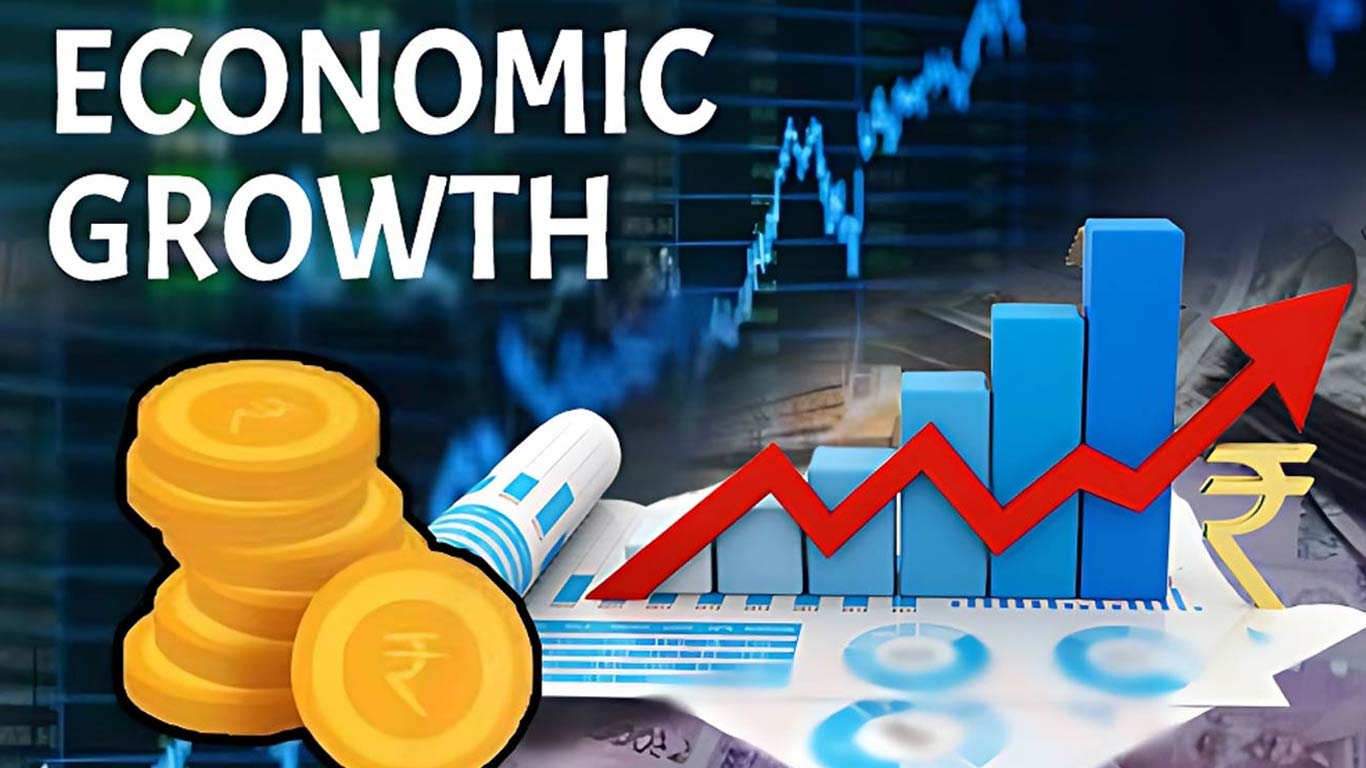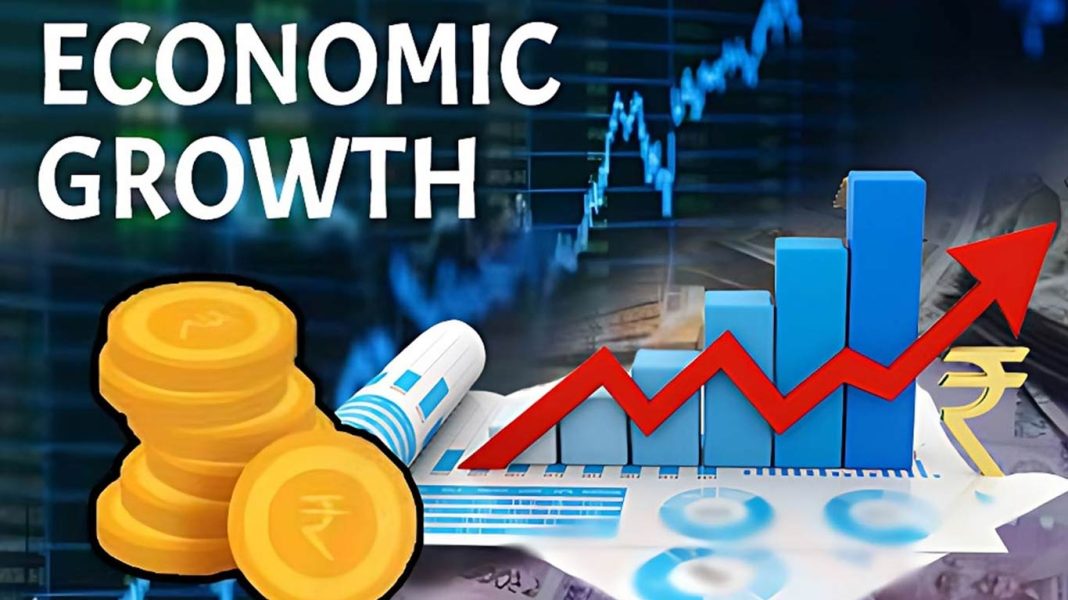 The current inflationary trends can be attributed to what some are calling “greenflation,” a term that refers to the intentional inflation caused by the Democratic Party’s climate radicalism. Federal Reserve Chairman Jerome Powell recently acknowledged that the cause of the unusual and persistent inflation is still unclear. While Powell remains optimistic that the re-opening and recovery of the economy will help reduce inflation, there is a growing concern among ordinary Americans about the worsening inflation in the midst of a fragile economy.
The current inflationary trends can be attributed to what some are calling “greenflation,” a term that refers to the intentional inflation caused by the Democratic Party’s climate radicalism. Federal Reserve Chairman Jerome Powell recently acknowledged that the cause of the unusual and persistent inflation is still unclear. While Powell remains optimistic that the re-opening and recovery of the economy will help reduce inflation, there is a growing concern among ordinary Americans about the worsening inflation in the midst of a fragile economy.
Stagflation, a term used to describe a combination of high inflation and high unemployment, played a significant role in the defeat of both President Gerald Ford in 1976 and President Jimmy Carter in 1980. The misery index, which combines the unemployment and inflation rates, reached 22 percent under Carter. Though Powell claimed not to see signs of stagflation currently, the first quarter of this year saw economic growth at only 1.6 percent, below economists’ expectations. In addition, inflation for March exceeded expectations at 2.7 percent.
The understanding of inflation has evolved over time. In the past, Keynesian economists downplayed its significance. However, today most economists agree that low and stable inflation is crucial for long-term economic growth and rising living standards. Higher levels of inflation are now recognized as damaging to capital formation and growth. It is important for policymakers to acknowledge these facts and consider their implications for the economy.
One area where climate radicalism is hindering economic growth is in domestic energy production. The Biden administration’s restrictions on oil and gas leases and opposition to critical infrastructure projects, such as the proposed road in Alaska, are limiting the country’s access to resources that could lower prices and reduce dependence on foreign imports. This not only affects the economy but also impacts national security, as the United States becomes more reliant on other countries for critical minerals needed for military equipment.
The intentional obstruction of mining projects in Alaska is particularly concerning. These projects could provide long-term job opportunities for local communities, including Native Americans, and support their traditional way of life. The income generated from these jobs would enable these communities to afford essential resources for hunting and fishing, as well as prevent young people from leaving their villages in search of work in urban areas, where they may be more prone to drug use and suicide.
Ironically, the Biden administration’s hostility towards domestic energy production contradicts the need for critical minerals in green technologies like electric cars and wind turbines. A study by S&P Global indicates that the demand for copper alone will exceed all the copper ever mined in history. By limiting access to domestic resources, the United States is following a failed import-dependent model similar to that of Europe, where gasoline prices are significantly higher.
It is crucial for voters to recognize the impact of “greenflation” and hold policymakers accountable for their climate radicalism. The intentional inflation caused by extremist environmentalist policies, combined with reckless government spending, is hurting ordinary Americans. As Powell himself admits, there is a need for a better understanding of the causes of inflation. This November, voters have the opportunity to voice their concerns and demand economic policies that prioritize stability and growth.
In conclusion, the current inflationary trends can be attributed to intentional inflation caused by climate radicalism within the Democratic Party. Powell’s optimistic outlook on the re-opening and recovery of the economy may not fully address the concerns of ordinary Americans. It is essential for policymakers to recognize the importance of low and stable inflation for long-term economic growth and living standards. Additionally, restrictions on domestic energy production and critical infrastructure projects hinder job opportunities and traditional ways of life for local communities, while also impacting national security. Voters have the power to demand economic policies that prioritize stability and growth in the upcoming elections.


